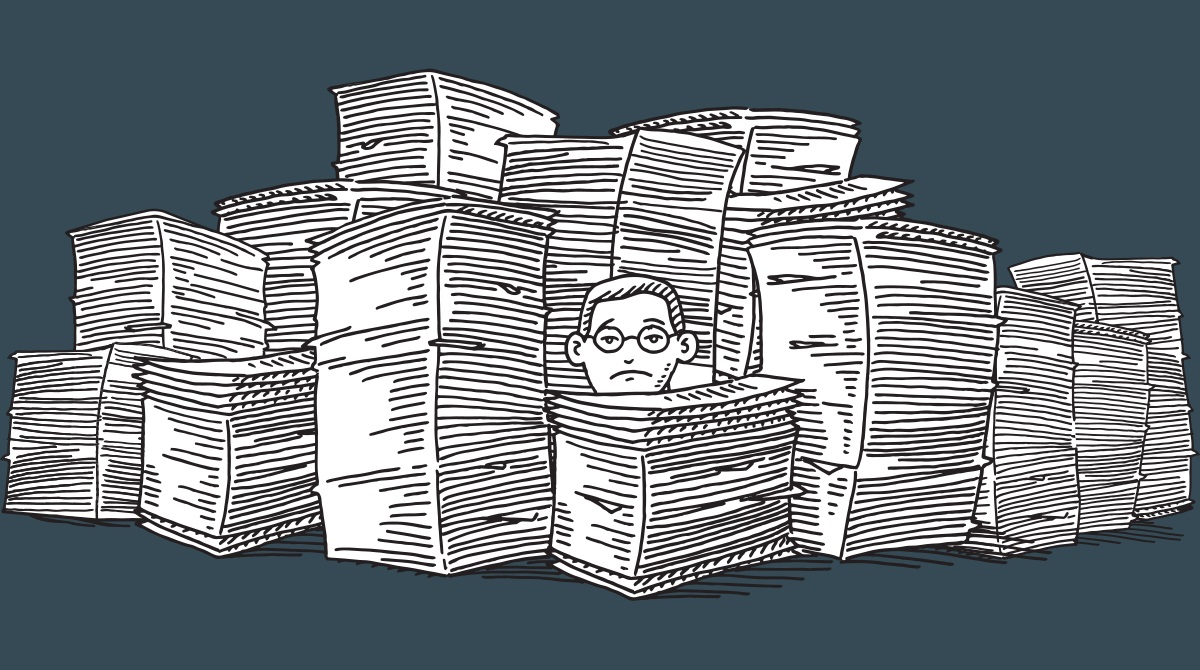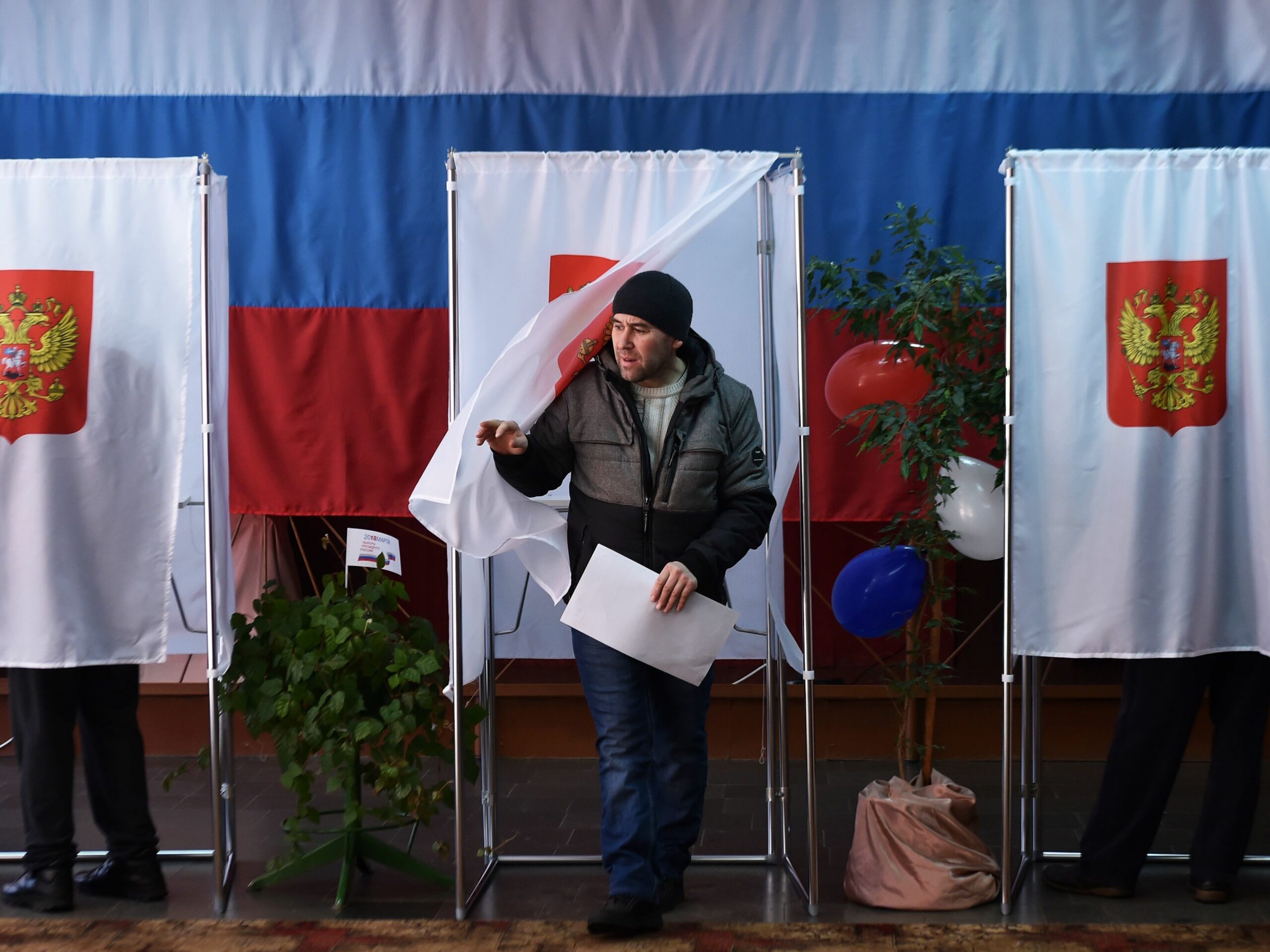Miscellaneous
The prosecutor with experience of Romanian DNA has come to Chisinau. Who is that?
A top Romanian prosecutor with experience of busting senior politicians is now working with the Moldovan National Anti-Corruption Center (CNA), confirmed a CNA representative, Angela Starinschi.
Romanian prosecutor Mariana Alexandru worked at the Romanian counterpart institution, the National Anti-Corruption Department (DNA), reportedly on sensational cases such as probes into former Ministers Elena Udrea and Monica Ridzi and former Prime Minister Adrian Nastase, which culminated in his incarceration.
Recently, she retired from the position of deputy chief prosecutor of DNA’s Section II.
Her activity in Chisinau will be supported by the European Union.
Moldovan Parliamentary Speaker Adrian Candu has said that, in addition to counseling and monitoring, Alexandru will review some cases.
Miscellaneous
Economic expert: Moldova has too many bureaucrats, that incurring additional unnecessary costs

The number of government officials working at various control agencies has increased by 3.5 thousand people from 51.2 thousand in 2011 to 54.8 thousand today. That is while the country’s population has decreased by 343 thousand inhabitants, from 2.93 million in 2011 to 2.6 million in 2021, as being mentioned in an analysis published by the economic expert Veaceslav Ionita.
10 years ago, there was an average of 17.6 bureaucrats per one thousand inhabitants. This figure has increased by over 20%, meaning that today we already have 21.4 bureaucrats per one thousand inhabitants. According to the expert, the number of government bureaucrats in charge of public services is unbalanced when compared to the number of people who would request such public services. “If we keep the rate from 2011, then we would have to reduce the number of bureaucrats by 10 thousand people.”
Nowadays, the costs for a single employee of the bureaucratic system reach 200 thousand lei, including the payments related to salary, bonuses, social expenses, as well as office space and other labor costs. “The maintenance costs of this additional and unnecessary number of bureaucrats amount to at least 2 billion lei annually,” the expert claimed.
The number of government control agencies was reduced from 68 to 19, as being displayed on the official page of the national public services portal. “The number of control institutions were reduced, but not the number of bureaucrats in charge of controls. In the last 4 years alone, the number of permissive acts in Moldova has decreased 3 times. Thousands of people were dealing with unnecessary and harmful activity by offering permits for certain types of activity. Their activity proved to be useless and, consequently, was ended. But the bureaucrats stayed in offices, even though their previous positions were removed. Obviously, all the thousands of people, who have lost the right to control or allow something, started to look for new solutions to ‘milk’ the money from businesses.”
The expert says that the damage caused by the unnecessary activity of such officials amounts to tens of billions lei each year in the form of lack of investment in Moldova, people emigration, shutting down companies due to corruption, exaggerated prices due to monopolies protected by bureaucrats and other costs borne by the society.
It is still not clear why Moldova would need a National Agency for the Regulation of Nuclear and Radiological Activities, given that there are no nuclear power plants on the territory of the country and given that there is already a National Agency for Energy Regulation. Also, there are 3 agencies in charge of land recording and cadastral maps creation in the Republic of Moldova. The economic expert believes that some control agencies could be merged in a single market regulation agency and that would be a way to optimize public expenditures.
Photo: unknown
Politics
Promo-LEX about Maia Sandu’s UN speech: The president must insist on appointing a rapporteur to monitor the situation of human rights in Transnistria

The President of the Republic of Moldova, Maia Sandu, pays an official visit to New York, USA, between September 21-22. There, she participates in the work of the United Nations General Assembly. According to a press release of the President’s Office, the official will deliver a speech at the tribune of the United Nations.
In this context, the Promo-LEX Association suggested the president to request the appointment of a special rapporteur in order to monitor the situation of human rights in the Transnistrian region. According to Promo-LEX, the responsibility for human rights violations in the Transnistrian region arises as a result of the Russian Federation’s military, economic and political control over the Tiraspol regime.
“We consider it imperative to insist on the observance of the international commitments assumed by the Russian Federation regarding the withdrawal of the armed forces and ammunition from the territory of the country,” the representatives of Promo-LEX stated. They consider the speech before the UN an opportunity “to demand the observance of the Universal Declaration of Human Rights by the Russian Federation with reference to this territory which is in its full control.”
“It is important to remember about the numerous cases of murder, torture, ill-treatment, forced enlistment in illegal military structures, the application of pseudo-justice in the Transnistrian region, all carried out under the tacit agreement of the Russian Federation. These findings stem from dozens of rulings and decisions issued by the European Court of Human Rights, which found that Russia is responsible for human rights violations in the region.”
The association representatives expressed their hope that the president of the country would give priority to issues related to the human rights situation in the Transnistrian region and would call on relevant international actors to contribute to guaranteeing fundamental human rights and freedoms throughout Moldova.
They asked Maia Sandu to insist on the observance of the obligation to evacuate the ammunition and the military units of the Russian Federation from the territory of the Republic of Moldova, to publicly support the need for the Russian Federation to implement the ECtHR rulings on human rights violations in the Transnistrian region, and to request the appointment of an UN Human Rights Council special rapporteur to monitor the human rights situation in the Transnistrian region of the Republic of Moldova.
**
The Promo-LEX Association concluded that 14 out of 25 actions planned within the National Action Plan for the years 2018–2022 concerning respecting human rights in Transnistria were not carried out by the responsible authorities.
The association expressed its concern and mentioned that there are a large number of delays in the planned results. “There is a lack of communication and coordination between the designated institutions, which do not yet have a common vision of interaction for the implementation of the plan.”
Promo-LEX requested the Government of the Republic of Moldova to re-assess the reported activities and to take urgent measures, “which would exclude superficial implementation of future activities and increase the level of accountability of the authorities.”
Photo: peacekeeping.un.org
Elections
Russia’s legislative elections: Why are there 27 polling stations in Transnistria?

Legislative elections are currently being held in Russia between September 17-19, as 450 new members in the State Duma need to be elected.
The Central Election Commission (CEC) of the Russian Federation decided to open a record number of polling stations in the Transnistrian region – 27 polling stations, in addition to only 3 polling station opened on the right bank of the Dniester in such big cities as Chisinau, Comrat and Balti.
That is the largest number of polling stations opened by the Russian CEC in a foreign country, and five polling stations more than in the 2016 elections. Two of the polling stations were established in Tiraspol, being open from Friday to Sunday. The rest of the Russian polling stations on the Transnistrian territory are opened on Sunday only. The most astonishing fact is that no state other than Russia has ever opened polling stations in the separatist region of the Republic of Moldova. Actually, no polling stations are being opened on the Transnistrian territory when it comes to national elections of the Republic of Moldova either.
Therefore, one could say that the stakes are high when it comes to Transnistrian voters, especially since, most likely, the hopes of Russian authorities are not necessarily based on a large turnout and their real support, rather on the real possibility of electoral fraud on a territory that is not controlled by the constitutional authorities in Chisinau.
Before the presidential elections in 2018, Russian authorities announced that there are 220 thousand Russian citizens living in the Transnistrian region. That time, 24 polling stations were opened in the separatist area. Despite the fact that the Tiraspol Electoral Commission announced that, in the last year and a half alone, the voter turnout has officially fallen in the region by more than 7 700 people, the Russian CEC still decided to establish a record number of polling stations this year, which strengthened the argument about the possibility of election fraud.
Both Tiraspol’s administration and the regional media campaigned for the ruling political party United Russia and called for a high turnout at polling stations. Transnistria’s leader, Vadim Krasnoselski, urged the people on the left bank of the Dniester to come to the polls “because despite all the difficulties, Russia does not forget Transnistria and helps it as much as possible.”
It seems that the campaigning, along with the Russian sponsorship in the region, show great results during every election ballot, as Russian citizens voting in Russian elections in Transnistria are a more active electorate than Moldovan citizens residing in Transnistria and voting in the Moldovan elections at the polling stations arranged on the other bank of the Dniester, especially for them. In the previous Russia’s legislative elections, 56 thousand people voted in Transnistria, while just under 29 thousand inhabitants of the Transnistrian region voted in the recent Moldova’s parliamentary elections.
Before every election ballot held in the Russian Federation, Moldovan authorities make statements, suggesting the Russian side to abstain from opening polling stations in Transnistria, whereas Russian authorities ignore them every time.
This year, the Ministry of Foreign Affairs and European Integration of the Republic of Moldova also sent a note of protest against opening the polling stations in Transnistria. “The Ministry of Foreign Affairs and European Integration regrets that, despite the position consistently expressed by the Moldovan authorities, the Russian side acted in a manner that does not correspond to the principle of sovereignty and territorial integrity of the Republic of Moldova and the bilateral legal framework.”
The Ministry representatives noted that Russian authorities were informed of the lack of impediments to open polling stations in localities under the control of Moldova’s constitutional authorities and requested the Russian side to refrain from opening the 27 polling stations in the localities of the breakaway region, given the impossibility of ensuring the necessary security conditions for the current elections.
Moscow’s Central Election Commission also opened nine polling stations in Abkhazia and ten in South Ossetia – two disputed territories that were internationally recognised by Russia and a few more countries, while considered under military occupation, according to the Georgian Government. These lands, that are under the exclusive control of Russia, offer good opportunities to ‘correct’ any uncomfortable results obtained in the country, where the ruling political party no longer enjoys as much support as it wants to appear.
Photo: wjct.org





















